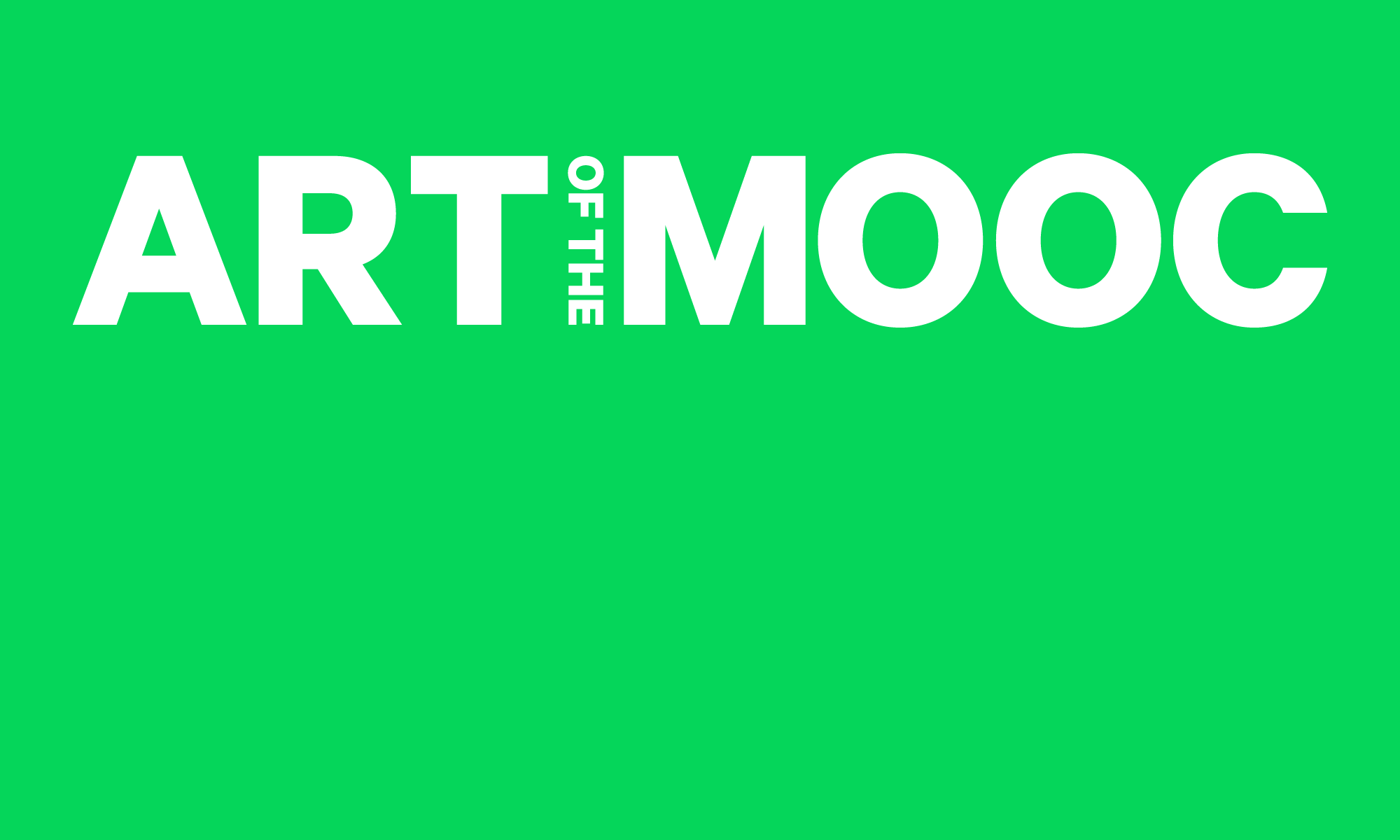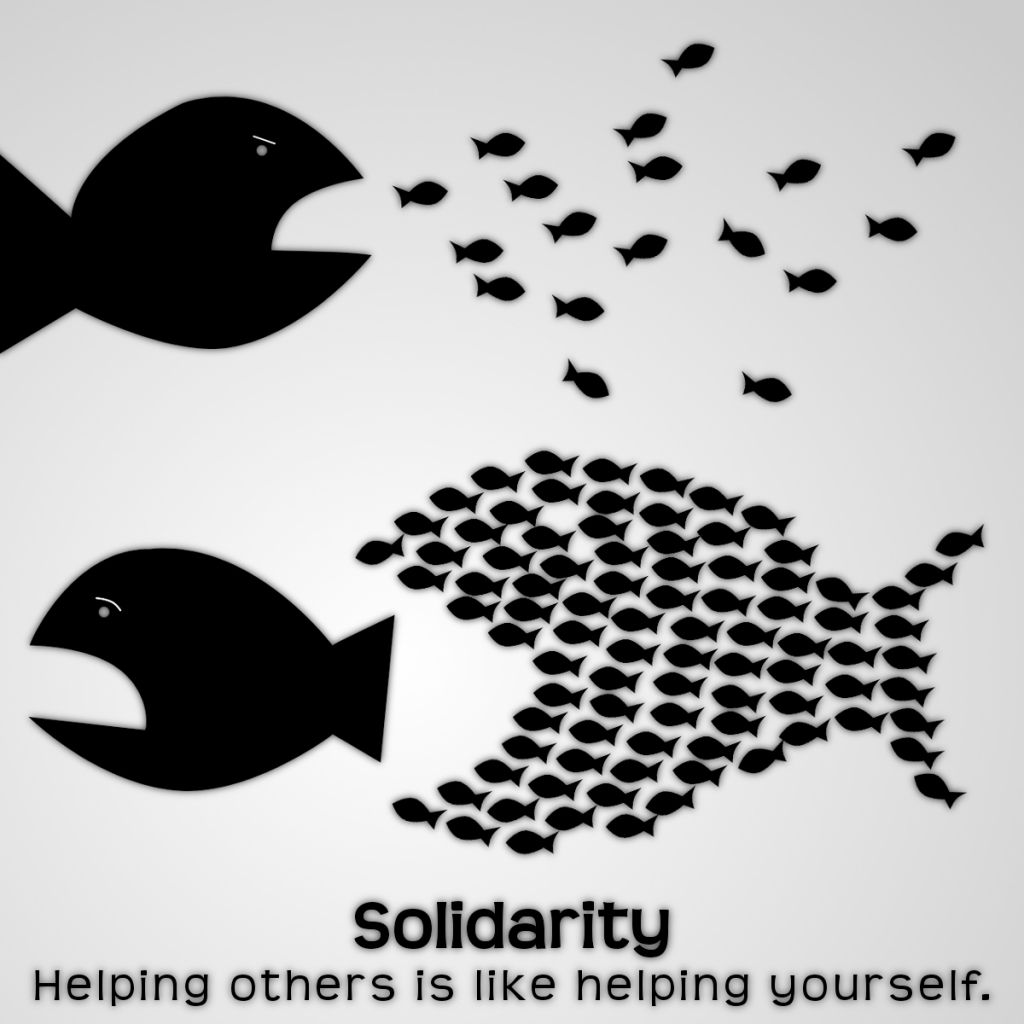In Lasch’s Art of the MOOC video, “Woolard,” the guest speaker, Caroline Woolard, discusses the concept of solidarity economics. Woolard states, “Imagine an economy with democracy and ecological sustainability. A solidarity economy is based on efforts that seek to increase the quality of life of a community through local business. It is a grassroots economy built by the people, for the people, and the planet. My idea, 2Sell, connects to Woolard’s concept, as it combines democracy and sustainability to improve the quality of a community—Duke University. 2Sell offers an easy and profitable channel for students to dispose of their unwanted good when moving, and also provides incoming/returning students low-cost dorm essentials and other items. Duke’s current ecosystem is the following: Students dump unwanted items in common rooms ⟶ Sustainable Duke collects and give the items to TROSA and Goodwill ⟶ TROSA and Goodwill have yard sales. Problems with this current method are that donors do not get a return on their items and that there is unsatisfied demand. Most of the items Trosa and Goodwill sell cannot be sold on Duke’s campus because they are considered “abandoned items.”
The 2Sell plan is the following: Students drop off their items to 2Sell at the end of the year ⟶ 2Sell stores and lists items online, with options to bid and reserve items ⟶ Community members pick-up reserved items the first week of school (Seller receive their share when the item is sold) ⟶ Pop-Up shop for remaining items, with leftovers being donated in the second week. The 2Sell idea relates to solidarity economy because it provides individuals with options to make money, offers sustainability, and allows for a small, circular economy to develop at Duke.


